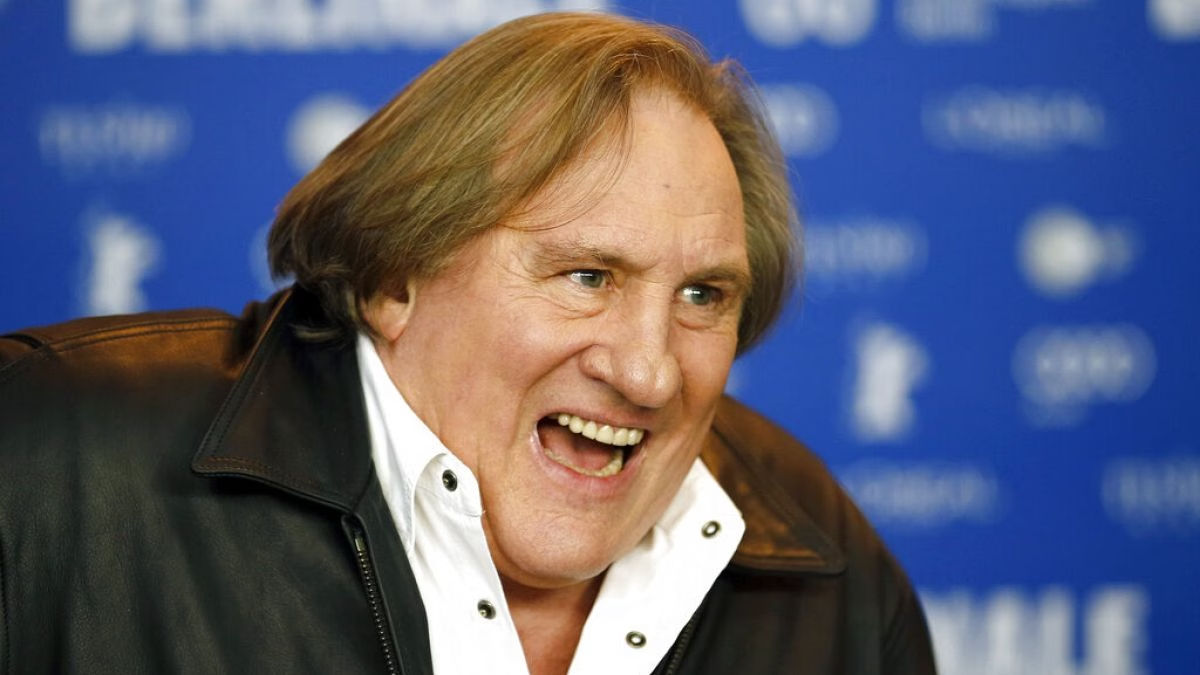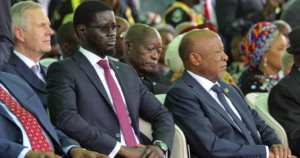The trial of Gérard Depardieu, a prominent French actor, marks a significant moment for France as it grapples with its response to sexual violence, especially when such allegations involve celebrated cultural figures in the era following the MeToo movement.
</p><div style="--widget_related_list_trans: 'Related';"><div class="c-ad c-ad-halfpage u-show-for-mobile-only"><div class="c-ad__placeholder"><img class="c-ad__placeholder__logo" src="https://static.euronews.com/website/images/logos/logo-euronews-grey-6-180x22.svg" width="180" height="22" alt="" loading="lazy"/><span>ADVERTISEMENT</span></div></div><p>Gérard Depardieu, widely recognized as France’s most famous male actor, is set to face not just the accusations of two women who claim he sexually assaulted them, but also the scrutiny of a nation frequently criticized for overlooking abuse by influential figures. His trial, beginning on Monday, is the first of its kind in the country.
The 76-year-old actor stands accused of sexually assaulting a set dresser and an assistant director during the 2021 filming of Les Volets Verts (‘The Green Shutters’). Although more than 20 women have publicly accused Depardieu of sexual misconduct, this is the first case to reach trial.
This trial is seen as the most critical post-MeToo case in France, raising an essential question: is the nation, celebrated for its culture of seduction and romance, now ready to hold its cultural icons accountable?
According to prosecutors, Depardieu is accused of trapping one woman with his legs, then groping her waist and breasts in the presence of witnesses. The 54-year-old set dresser recounted the incident in a 2021 interview with investigative outlet Mediapart, describing how Depardieu’s behavior caused her distress. He allegedly said, “Come and touch my parasol,” making explicit and uncomfortable advances. She needed to be restrained by security personnel.
A 34-year-old assistant director also accused him of groping her on set and in the street, as is common in such cases; the identities of the plaintiffs have been kept confidential.
Depardieu has denied all allegations. In an open letter published in newspaper Le Figaro in October 2023, he insisted, “Never, but never, have I abused a woman,” expressing distress at the possibility that he may have caused discomfort to anyone. He attributes the accusations to being overly affectionate or possessing a strong temperament.
Depardieu’s lawyer, Jérémie Assous, has called the case unfounded. He noted that the actor, who recently underwent heart surgery and suffers from diabetes, will attend the trial with scheduled breaks for health reasons.
France’s slower pace in confronting abuse makes the trial particularly significant. While the U.S. film industry responded swiftly to the MeToo movement, the French industry was less expedient in addressing such issues, with some arguing it contradicted French values or threatened the culture of romance.
Many argue that Roman Polanski, who continued his career in France despite convictions and accusations of sexual abuse, exemplifies the nation’s broader stance on such issues. His 2020 César Award for Best Director sparked protests, including from actress Adèle Haenel, who walked out in protest.
However, change seems to be underway. In February, director Christophe Ruggia was convicted of sexually abusing Adèle Haenel when she was a minor, marking a significant moment in the battle against abuse. Haenel has become a vocal advocate against it.
Judith Godrèche, another prominent figure, has accused directors Benoît Jacquot and Jacques Doillon of sexually exploiting her as a teenager — both men deny these allegations.
Despite the cultural shift, resistance remains. In 2018, over 100 prominent French women, including actress Catherine Deneuve, signed an open letter in Le Monde defending “the freedom to bother,” arguing that flirtation should not be conflated with harassment.





